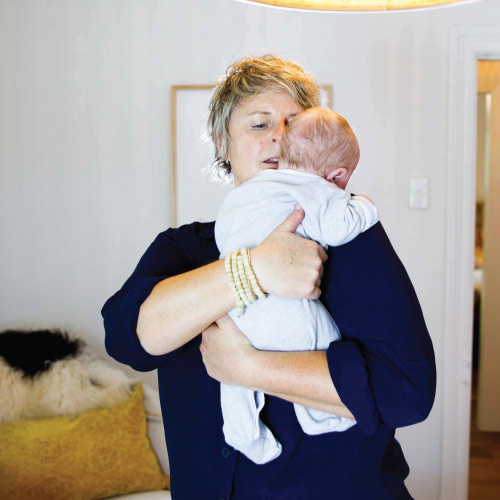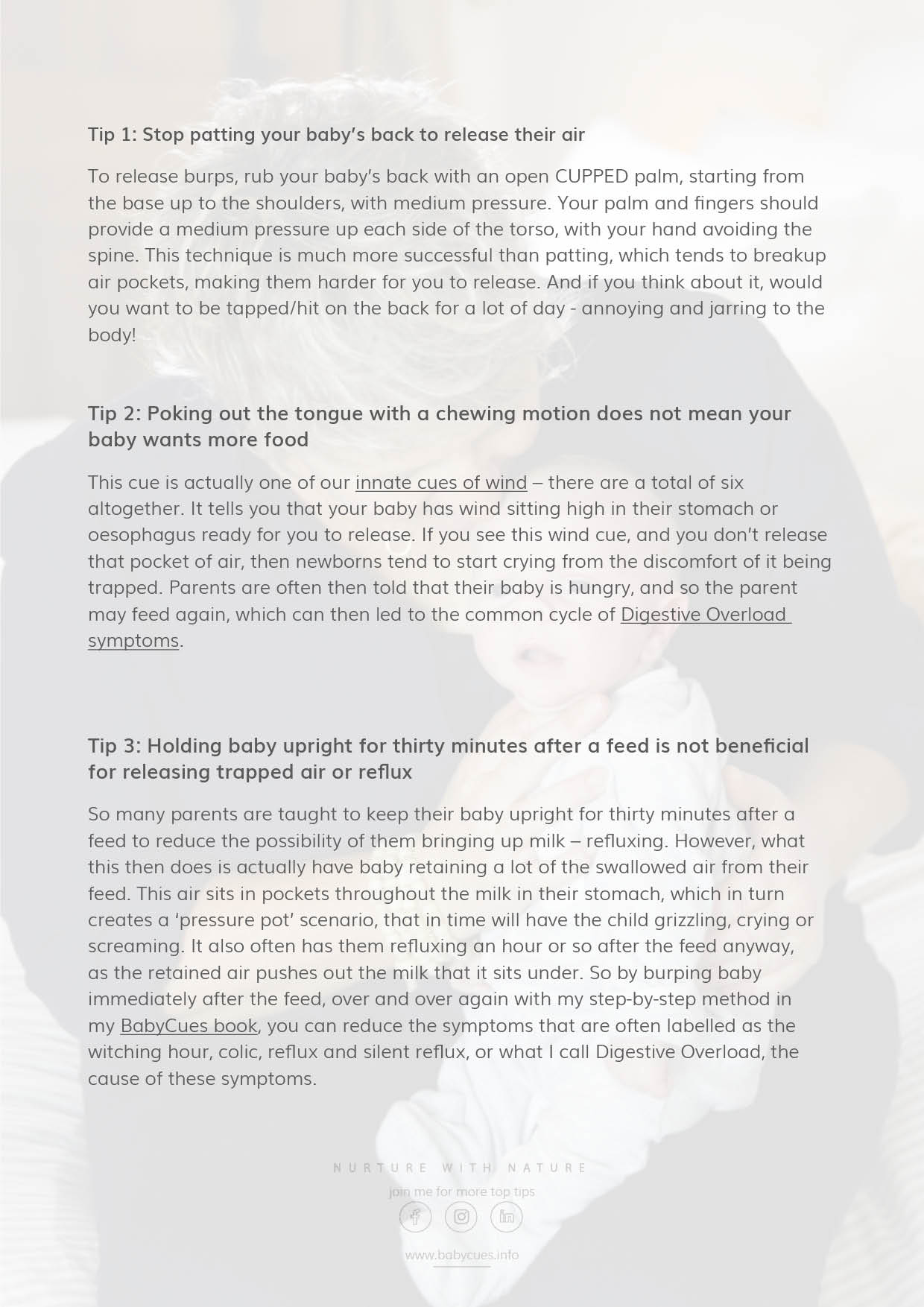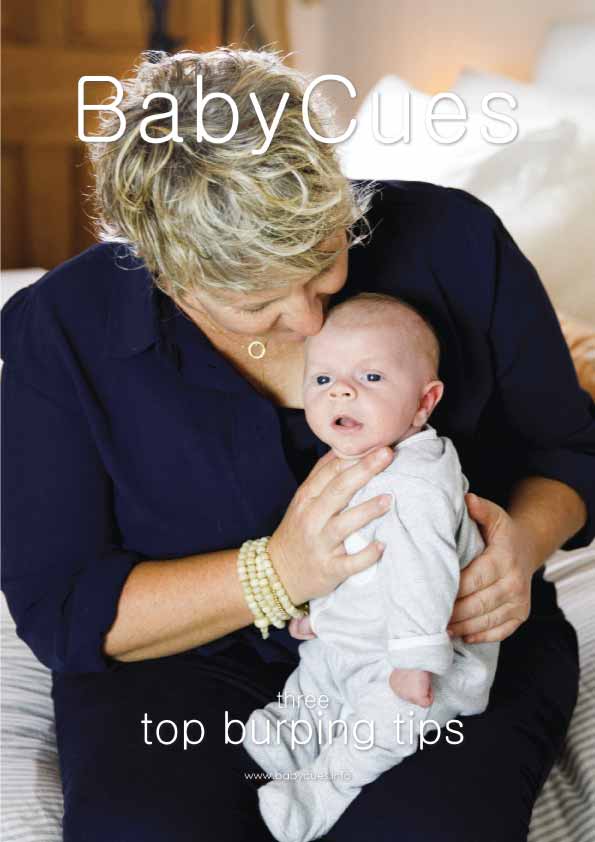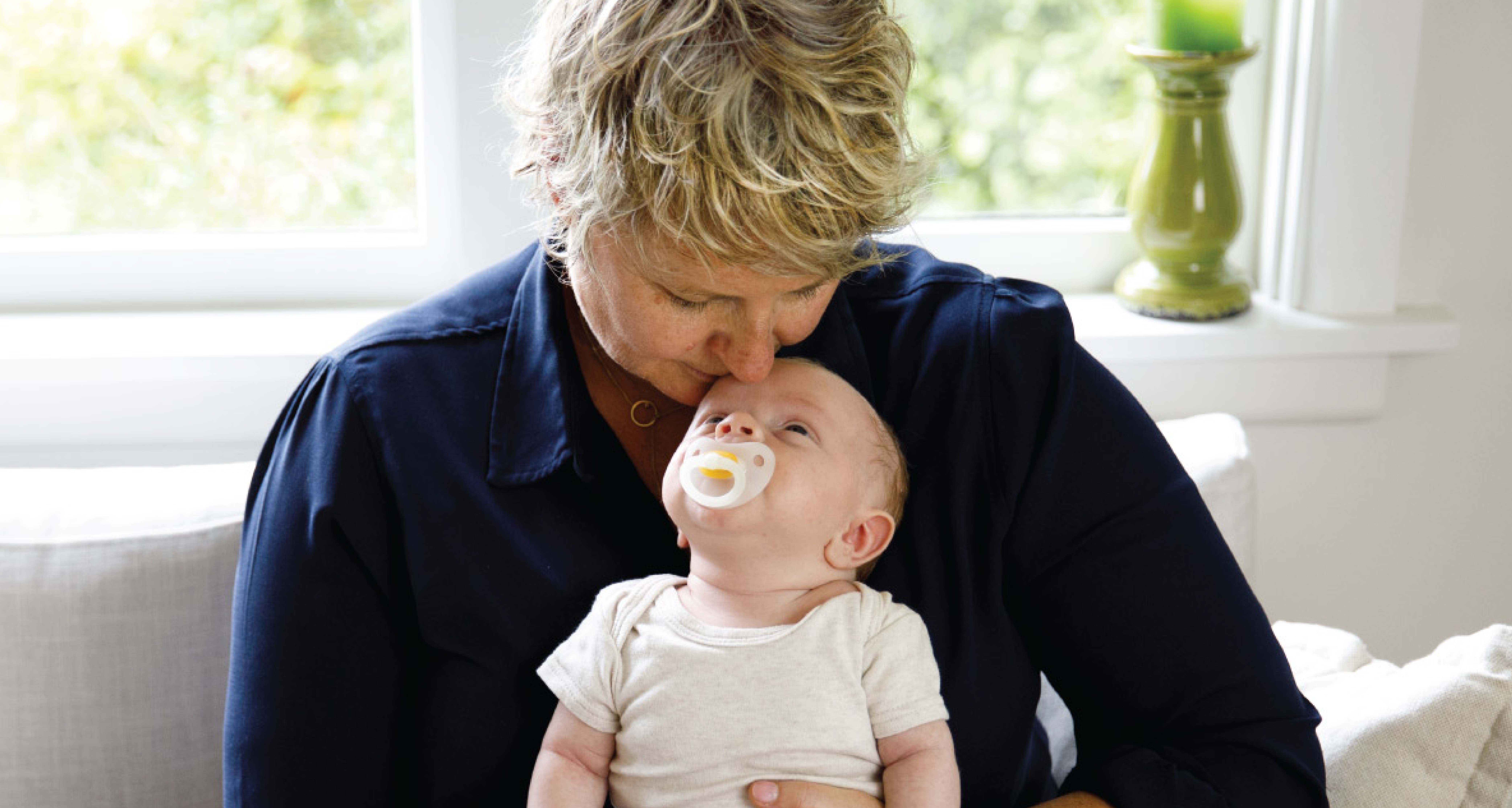Burping Baby - Why It Matters?

Most parents have heard that it’s important to burp their baby directly after their feed to release a couple of burps so their child can feel comfortable, and that patting their baby’s back aids this release. Then once a few burps are released, this is enough and you no longer have to worry about further burping, before settling bubs to bed after some awake time. However, this well-meaning teaching is greatly outdated for a number of reasons:
- research now offers more knowledge about a newborn’s digestive function, providing comprehensive answers to the adverse effects of trapped air in their developing bodies
- breastfeeding diets and formula choices have changed dramatically over the years, and these contribute greatly to air intake and production for our babies
- there has been a significant increase of illogical, widely taught feeding practices that no longer nurture alongside a newborns natural digestive function e.g. cluster feeding
- trapped air is one of the number one causes of the rising, unnecessary pain and distress labelled colic, reflux, silent reflux, the witching hour, lactose and dairy overload and some cases of mis-diagnosed CMPI
- and we now know, through my clinical research, that all newborns are born with the ability to exhibit Six-Wind-Cues within the first three months of life – this discovery alone means it’s time to transform the way we burp our newborns if we are to offer care that is truly responsive and baby-led.
All of the reasons above and more, is why I am dedicated to sharing more postnatal education around gas and burping on mass.
Trapped air in the digestive system
For the majority of us adults, swallowing air does not cause too many issues. But for some it can lead to digestive discomfort, gastroesophageal reflux, abdominal distension, bloating, belching and flatulence.
The medical term for excessive air swallowing is aerophagia, which is caused from a number of things including eating too quickly, consuming too much, and mouth breathing. When we consider that newborns are only starting to get used to the mechanism of how to:
- swallow milk and breath at the same time
- breath in this new environment
- breath when showing certain cues like crying
- and digest a very different diet.
It stands to reason that they are born with a great capacity to experience aerophagia in their initial months of life. It also stands to reason that they are going to require a lot of help and assistance to minimise, and release the abundant air from their stomach, before it moves onward in the digestive tract. More than just a few burps after each feed.
When ingested air is not released to its optimum levels , it is pushed out of the stomach and onto the small and large intestines, finally making its way out with stools. This retained air, and the travelling of it through the entire digestive tract, causes havoc to a child’s comfort levels, gravely affecting their mental and physical health.
3 Top Burping Tips
These three top tips may just surprise you for many parents around the world are taught to do these burping practices, but they actually hinder the release of trapped air in the stomach.


- Stimulating air release
- Recognise a wind-cue
- Beneficial positioning


WHAT'S INSIDE
- Stimulating air release
- Recognise a wind-cue
- Beneficial positioning
Effects of trapped air?
The retention of air for our little ones is immense. So immense that I have started a Burping Evolution on their behalf to bring a bigger focus to this part of their necessary healthcare. I long for the day that health professionals, and parents, begin to consider burping as important as feeding. Yes, it is that important. Without optimum burping, our newborns suffer with Digestive Overload symptoms which are:
- irritability, grizzling, inconsolable crying, screaming
- bloating, cramps, excessive gas
- heightened communication around times of bowel motions from excessive wind passing through the intestines
- frequent frothy and/or explosive bowel motions, constipation
- frequent searching for something to suck so they can self-sooth
- arching backwards or sideways, writhing, wriggling
- pedaling legs
- gulping their milk, seeming very hungry while being restless
- copious hiccups
- weight gain issues
- 45 minute sleep cycles or restless sleep
Four things you can do right now to help
One - if breastfeeding I advise you to reduce windy and sugary foods, natural or otherwise, in your breastfeeding diet and don't have any sugar after 2pm in the afternoon. This can reduce gas no end.
Two – Download my free gift for you “Three Top Burping Tips.
Three - Purchase my BabyCues Prevent and Remedy Book and read all you need to know on how to burp your baby to optimum levels (10-25 burps) or if you prefer to learn through watching video's then...
Four - Purchase my one-of-a-kind BabyCues Burping and Wind Masterclass and see firsthand how to burp your baby to optimum comfort as I burp little Tia for an hour.
With all my heart, I hope these tools help your baby to feel more comfortable, for trapped wind really does deserve more parenting education as optimum burping goes a long way toward comfort, positive development and healing Digestive Overload symptoms.



 Submitting data
Submitting data